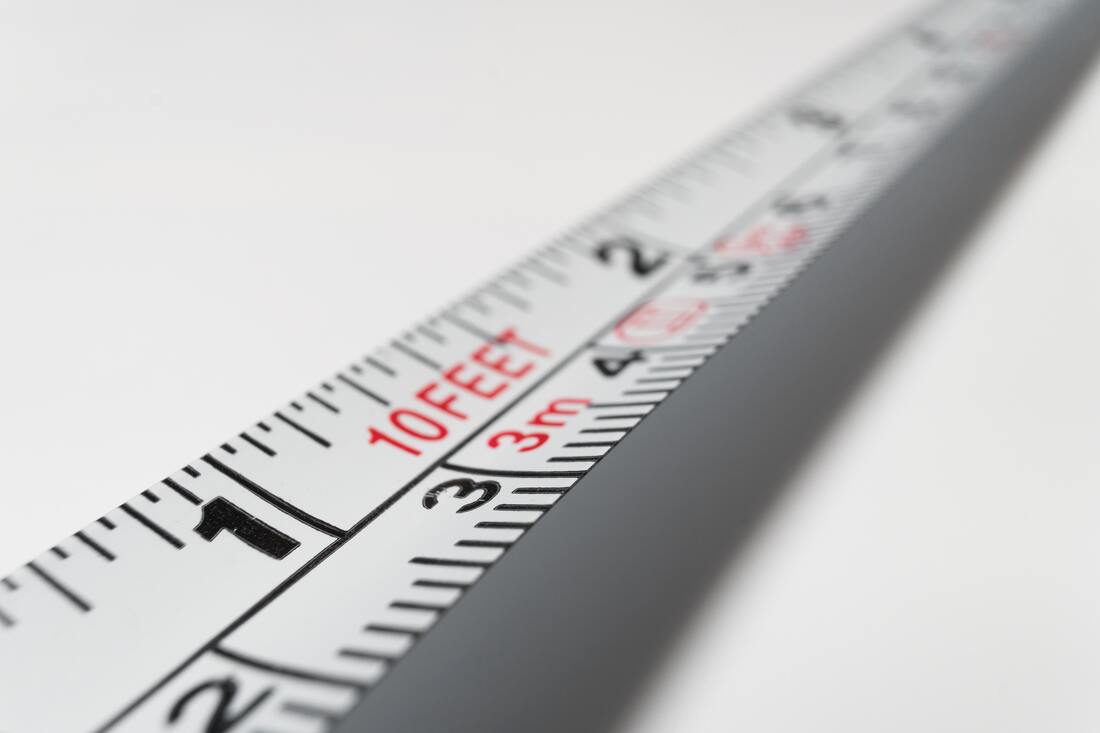|
My mom and I were recently talking about whether or not someone who is trying to lose weight should weigh themselves every day or not. She took the new popular position that no you shouldn’t. And I get why. True weight loss is pretty slow (maybe dropping 1 or 2 pounds per week if you are doing it healthily and normally). Seeing moderate changes along the way are discouraging for her and others who don’t want to see the slow progress of weight loss. Or worse, people who give themselves cheat days don’t want to see the damage that their 6 beers and basket of fries did to their goals. I’m quite different. If I have a weight goal, I want to know exactly what is happening. Was my day of eating good or bad? Am I eating something that is making me hold on to weight the days I am eating it? If I sleep less does it affect my weight drop or gain overnight? If I cheated and ate something bad how much did it set me back? And there are numerous other questions that I can only know the answer to if I am gathering data. Granted, there is a psychological shift that needs to happen. One needs to learn to celebrate a .1 or .2 drop or even staying the same weight as compared to getting a big “surprise” drop once a week. That’s a difficult shift for people who view incremental progress as a failure. For those who struggle with this, remember that happiness comes from progress, not achievement. Take the time to learn how to celebrate forward progress. Even in small amounts.
What I find to be true for anything you want to improve is simple: The more you measure, the more you succeed. For many facets of life, measurement is easy. If you’re planning for financial success, you can measure dollars put away for savings and dollars spent on stuff you don't need. If you’re looking at weight or health goals you can measure your weight or take your actual body measurements. You can also take less obvious measurements by just checking in mentally on your energy levels and writing those down. For areas like relationships, or success in your spiritual life it can be harder to measure, but measurements are there. You can give yourself a 1-10 measurement on how you feel about you’re performing in these areas. Or with relationships you can take tangible measurements of times you’ve had sex in your relationship, gone on dates, surprised each other, etc. If you’re brave and your significant other is honest you can ask them how you’re doing on a 1-10 scale at meeting their needs. Faith based goals you can measure how often you have gone to church, or participated in church activities. If you have no church you can measure how many times you have violated your own personal code. For any area of growth there is a measurement. Start with a goal and measure your progress. Otherwise, you risk vaguely trying to “do better’ and being discouraged when you finally do measure and find out that you’re not doing any better at all. As they say, knowledge is power. Watch your progress carefully if you truly want to claim your power.
0 Comments
Leave a Reply. |
Andrew WarnerYour life coach. The Andrew Warner Podcast:Archives
November 2021
Categories
All
|
CompanyLife coach based out of Indianapolis, IN but helping people everywhere.
|
|



 RSS Feed
RSS Feed